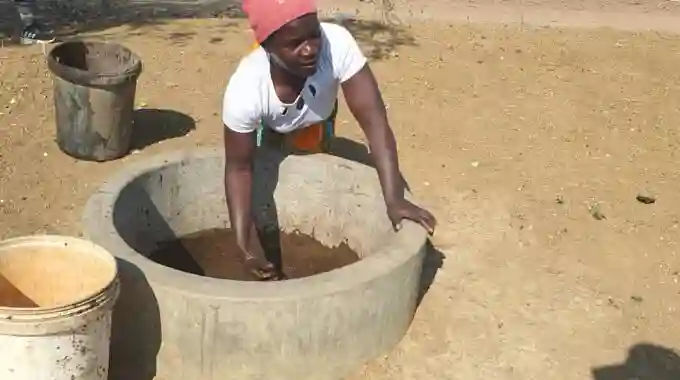Villagers in Hakwata, Chipinge District in Manicaland Province have commended a programme that installed biogas digesters in their households, saying it has made cooking much easier.
More than 90 households in the area have benefited from the installation of these biogas digesters under the Climate Adaptation, Water and Energy Programme (CAWEP) project.
The three-year CAWEP project is being funded by the United Kingdom and is being implemented in partnership with the United Nations Development Programme (UNDP) and the Government of Zimbabwe.
One of the beneficiaries, Mlambo, expressed the villagers’ satisfaction with the biogas digesters, saying they are very happy with the new technology. He told The Herald:
We thank the Government for the biogas digesters, cooking is now much easier for us. We used to have challenges as trees were being chopped wantonly.
Another beneficiary, Jane Dhini (pictured) said:
The biogas digesters have gone a long way in improving our living conditions and we hope that the project will spread across the whole village.
The project is supporting vulnerable communities in Zimbabwe to enhance their adaptation and resilience to climate shocks through a substantial investment of $16 million.
The project is being implemented across multiple districts in the country, including Chipinge (Hakwata), Chivi (Gororo), Insiza (Wanezi), and Binga (Mlibizi).
A biogas digester is a device that anaerobically digests organic matter, such as animal manure or agricultural waste, to produce biogas.
The biogas produced is primarily composed of methane and carbon dioxide and can be used as a renewable fuel for heating, cooking, or electricity generation.
More: Pindula News

